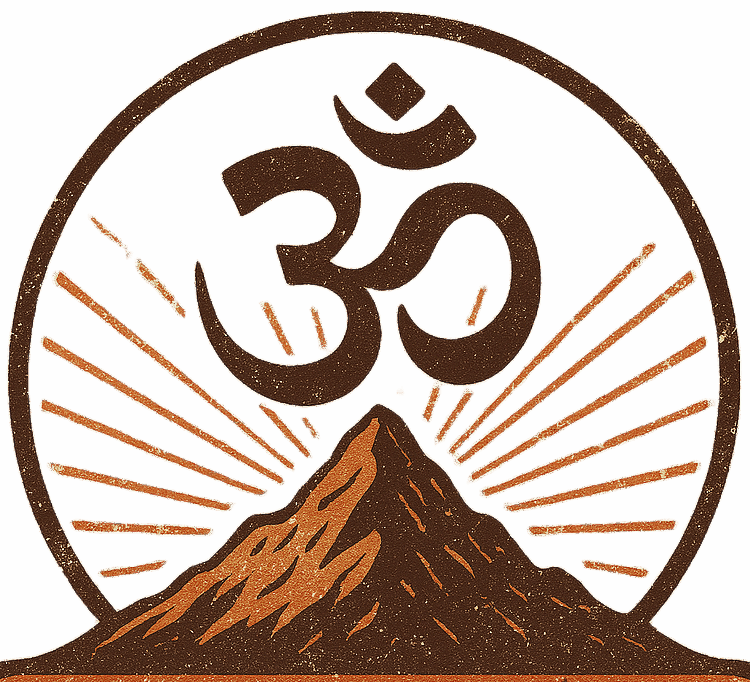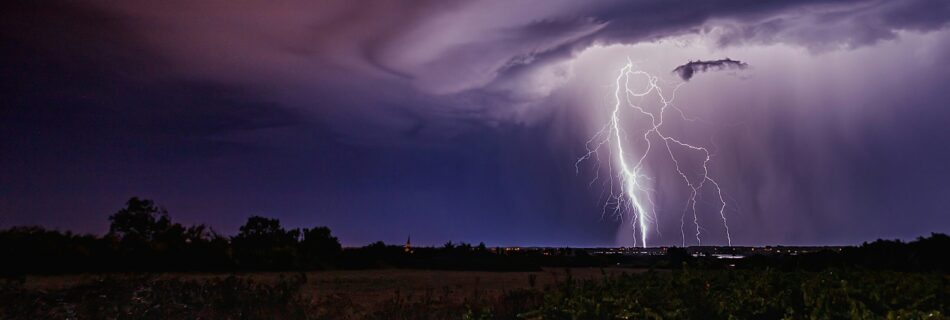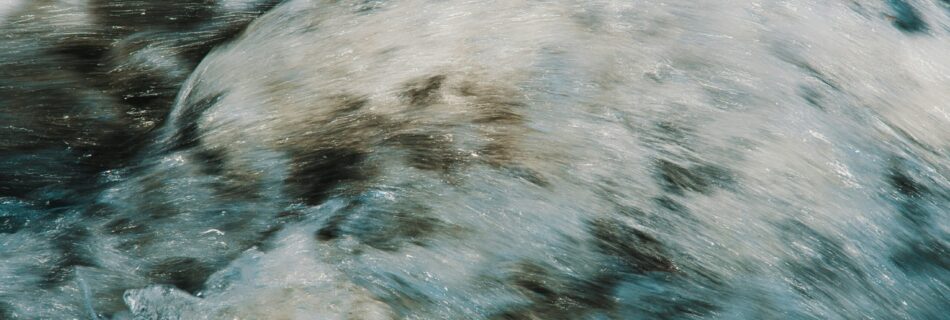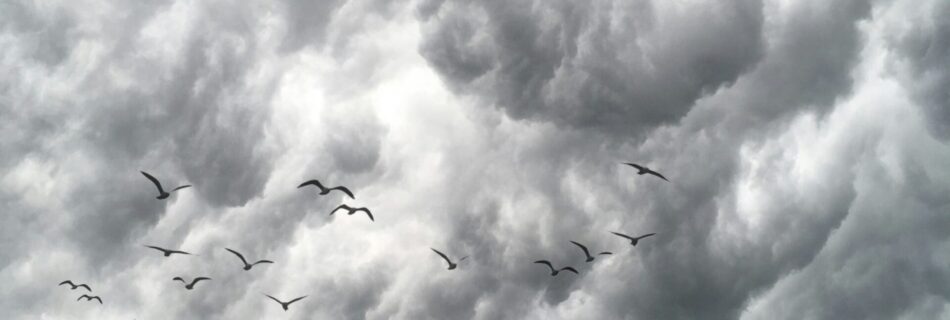Gurdjieff: Reflections of Disciples
Ouspensky once described a meeting in Moscow in which Gurdjieff asked him to repeat a sentence so slowly that each word became a separate weight in the air. As Ouspensky pronounced each syllable, silence pressed in. In that silence he felt for the first time that speech could be instrument—not merely thought made audible. The …









